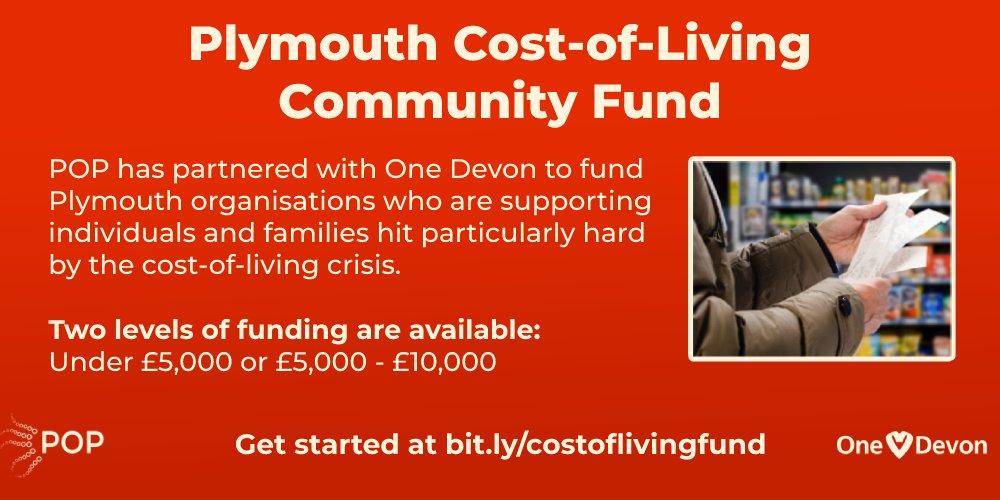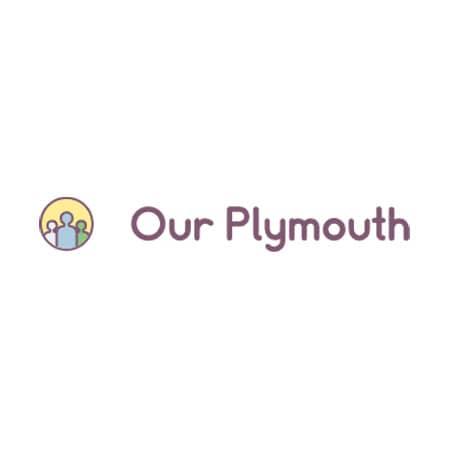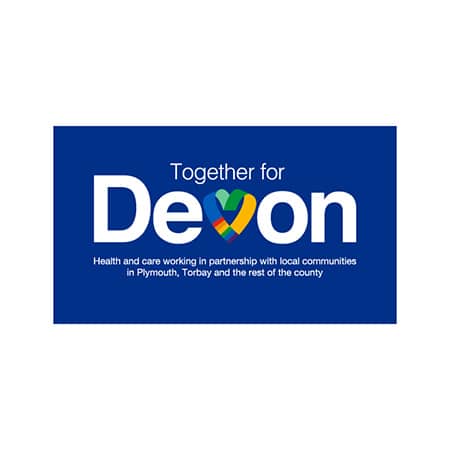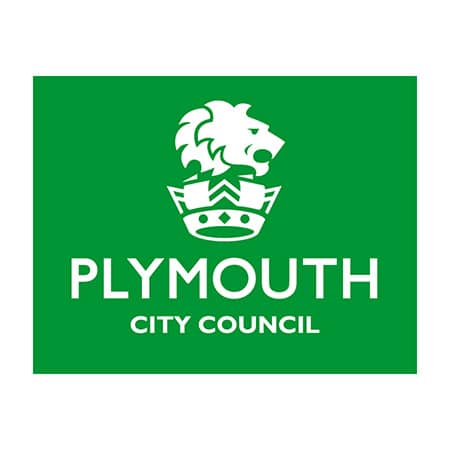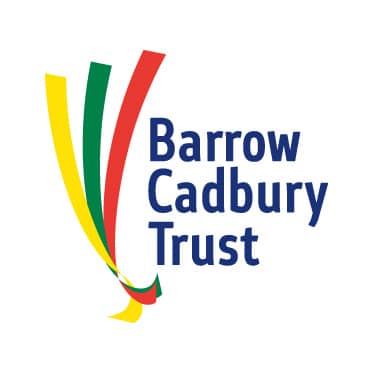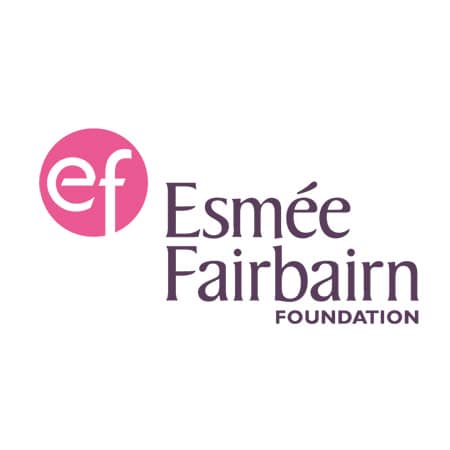by Simon Travers, POP Learning Champion
While the Community Room at the Four Greens Centre in Whitleigh might seem a million miles from Strictly Come Dancing’s Elstree Studio spotlights, POP’s latest funding experiment tried to find the common thread between the two.
The rise in the Cost of Living has impacted voluntary and community organisations everywhere. Many charities have been experiencing greater pressure on services while equipped with less elastic resources. In partnership with OneDevon, POP delivered the Plymouth portion of a cross-Devon fund to enable organisations to offer new services to citizens impacted by Cost of Living increases.
OneDevon provided broad criteria for the fund and organisations could apply for up to £10000 to deliver new projects for immediate start. POP acknowledged the urgency of the situation many are facing would suggest a simple, traditional application form to a panel-based process to deliver the fund. However, POP could see clear problems with the traditional approach.
· Why should a funding panel be more expert about what will impact the Cost of Living crisis than organisations working in the middle of it?
· Assuming that the majority of ideas organisations presented are ‘good enough’, how could a panel sensibly judge between if it was better to fund 6 projects for £10000, or 12 projects for £5000? The criteria allowed space for both targeted and universal services, but which should be prioritised?
POP wanted a process that established clear priorities and invited participation that was reasonably easy to understand. We borrowed Strictly Come Dancing’s hybrid approach to participation. On that show, couples are marked by a judging panel and by a public vote, with a 50/50 weighting for each deciding who makes progress. It is a process that 9 million people understand and regularly engage with.
First, POP invited organisations to submit rough ideas for how they might use the funding as an expression of interest. This created a pool of 33 organisations involved in the process.
We then asked those organisations to attend a stakeholder event at Whitleigh’s Four Greens Centre. In a crowded room with 24 organisations attending, we ran an exercise to empower the organisations applying to set priorities for how the fund should be spent. That exercise concluded that there was a strong preference for small, targeted grants with some preference for neighbourhood work that has a track record using established ideas.
Organisations who wished to continue were then invited to submit final applications, published online through POP’s website. As hoped, some organisations adjusted their plans and budgets to reflect the priorities that the stakeholders had established. Once the deadline for applications had closed, POP devised a scoring system to match applications to the stakeholder’s priorities as objectively as possible. The only area where POP had to moderate was to distinguish which organisations most closely targeted specific groups to benefit.
We then opened a voting process to the organisations who submitted ideas. Each organisation was allotted 3 votes but could not vote for their own project. At this stage, there were two challenges in communication. POP could have made our intention clearer that only organisations involved in the process had a vote. Some organisations shared the voting link with friends, but these votes were
discounted. We also could have been clearer that having already rewarded applications that aligned to the stakholder’s priorities, the vote was free. Just as in Strictly, the public can vote to save Tony Adams or Ed Balls, so organisations had the freedom to choose any project.
Once the votes were counted, POP combined the vote with the rankings from the scoring exercise to decide who would receive funding. 15 out of 27 applicants were funded, a proportion of 55%. We can claim this as a success for the process. The stakeholders identifying a preference for smaller grants meant that some organisations decreased the amount asked in their final application. This not only increased their chances of being funded, it also increased everyone’s chances. If each organisation had applied for a block of £5000 or £10000, we would have funded between 6-12 projects.
Once the process finished, POP invited feedback and 19 organisations replied. We are encouraged that, for an experimental approach to funding, the results were broadly positive. 68.4% of respondents either agreed or strongly agreed both that they would recommend the process and that the effort required to be involved was fair and proportionate compared to other processed. 73.7% agreed or strongly agreed that communication was clear and the process was fair. 31.6% of respondents said they had built a new relationship out of the process.
The standard that POP sets for an experiment like this is not have we designed a perfect system, but have we tested a possible improvement on traditional application forms and panels? The hybrid approach proved to have useful checks and balances. A highly popular organisations in the vote were not funded because they struggled to articulate in their application form which targeted groups would benefit from their idea. However, two groups rated outside of the top 15 on the strength of their application received funding because of popular support. This is evidence that we avoided some of the biased outcomes that arise in both panel and participatory approaches.
The stakeholder meeting was an energising experience. POP shared power to decide who would be funded with applicants. We asked organisations applying for the same pot of money to collaborate together and listen to each other. The evening finished with a frank discussion about how the Cost of Living crisis is impacting Plymouth. Diverse organisations were able to express strong opinions that are not being voiced elsewhere, such as that popular approaches like warm spaces may not having be having the impact desired.
Structuring that meeting into the process slowed things down but it allowed POP to prioritise important principles. A traditional process or a simple popular vote would have been speedier and more comfortable for some participants. In a time of crisis though, with limited resources, Plymouth needs a collaborative voluntary sector that is listening to each other. We need a voluntary sector whose first-hand experience is valued as expertise and empowered. We need mechanisms that can help target provision, while leaving space for good ideas that might not seem to fit the profile because you never know. This is the type of culture that POP looks to keep developing with every experiment we do.

